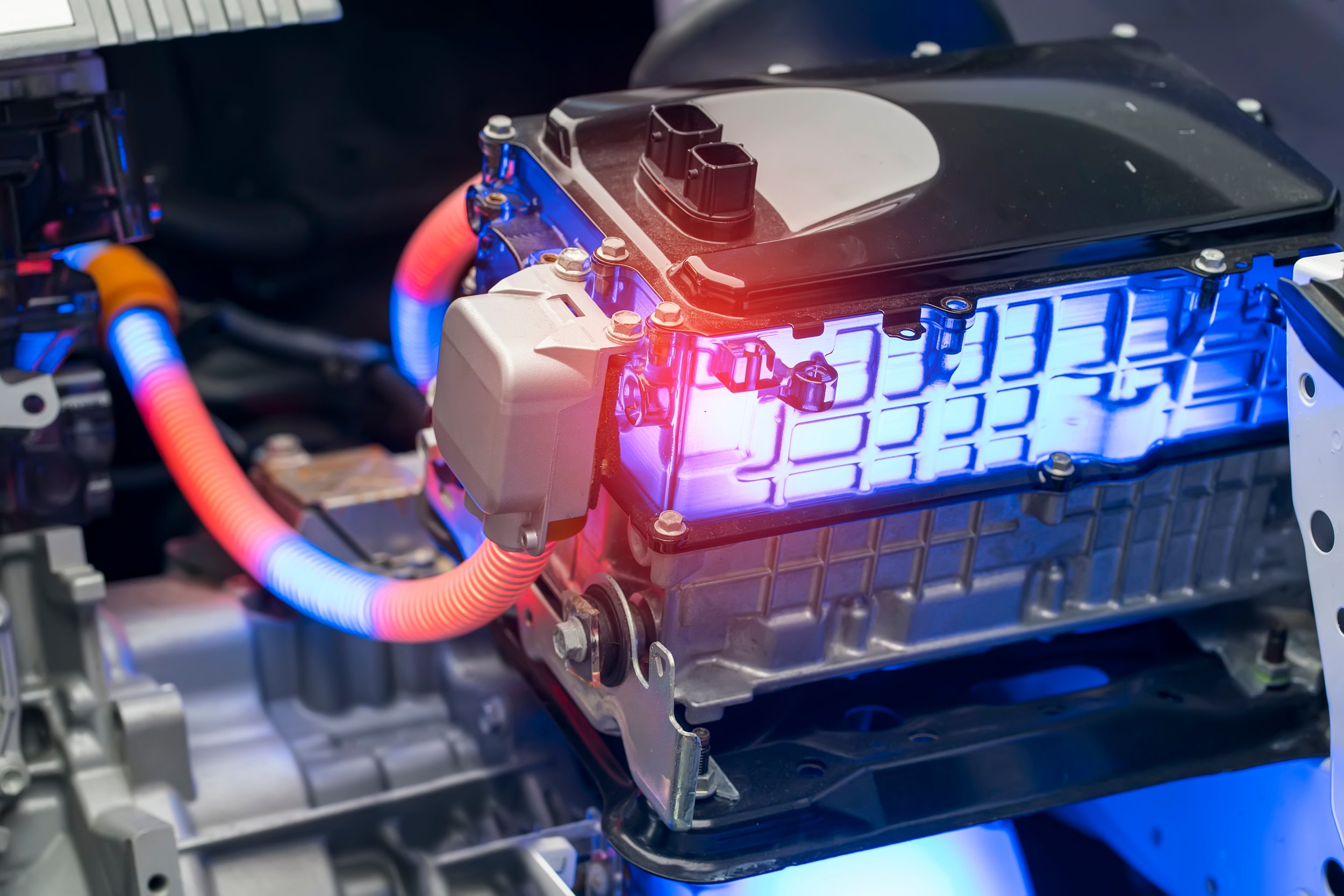AI Efficiency & Energy Reduction
Science & Technology SciencePosted by NewAdmin on 2025-02-06 09:00:28 |
Share: Facebook | Twitter | Whatsapp | Linkedin Visits: 33

Recent advancements in electric vehicle (EV) battery technology have significantly improved battery longevity, with new research suggesting that EV batteries can last up to 40% longer than previously estimated. One major factor influencing battery lifespan is the driving behavior and discharge profile. Contrary to past assumptions, studies show that short, sharp accelerations do not degrade batteries faster; in fact, they may slow down aging. Additionally, battery degradation is influenced by both cycle aging (caused by repeated charge-discharge cycles) and time aging (natural wear over time). While commercial EVs like delivery vans experience more cycle aging due to continuous usage, personal EVs are more affected by time aging, as they remain idle for long periods. Researchers have identified an optimal discharge rate to balance these aging effects, and automakers could update battery management software to optimize longevity. Charging habits also play a crucial role—keeping battery levels between 20% and 80%, rather than frequently charging to 100%, helps extend life. Fast charging, although convenient, can accelerate degradation if used excessively, leading to research into new cooling techniques and solid-state battery alternatives. Future advancements include AI-driven battery management systems and self-repairing electrodes, which could further improve durability. These findings suggest that EV owners can maximize battery life by adopting smoother driving habits, avoiding extreme charge levels, and staying updated with manufacturer software optimizations. As battery technology continues to evolve, EVs will become even more efficient, cost-effective, and environmentally sustainable
Search
Categories
Recent News
- Gates vs. Epstein: The Battle of Billionaires Amid Scandalous Allegations
- Telugu Star Fights AI Pornography: A Battle for Privacy and Dignity
- Elderly Woman's Expensive Pigeon Feeding Habit
- Reviving a Democratic Tradition: India's Election Chiefs Convene
- Medical Student's Tragic Death Shocks Nellore College
- Tamil Nadu's Welfare Drive: Empowering Citizens, One Camp at a Time
- Telangana's T-Safe App: Revolutionizing Women's Safety
- Cyberabad's War on Drugs and Crime
Popular News
- Navigating IPO Market Dynamics Amid Volatility and Regulatory Changes
- Massive Worldwide Microsoft Outage Disrupts Multiple Sectors
- Panjapur Bus Stand to Reshape TNSTC Routes
- తెలుగుదేశం పార్టీ - పేదరికాన్ని నిర్మూలించడంలో వాగ్దానం
- Universities Embrace Remote Learning Technologies Amidst Ongoing Pandemic